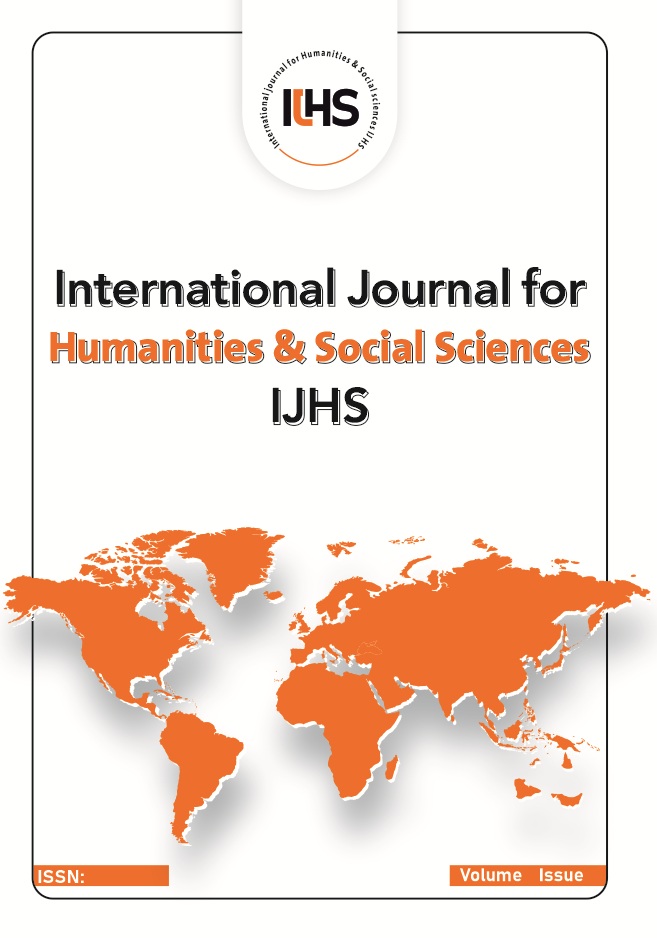Evaluation of First Grade Intermediate Computer Curriculum in the Light of E-learning Requirements of the Islamic Schools teachers’ viewpoint
Main Article Content
Abstract
Article focuses on methods of evaluating curricula for the intermediate stage, determining e-learning requirements when preparing the content of computer curricula. The study is aimed to evaluate the computer curriculum for first intermediate grade from the viewpoint of computer teachers in the Religious Education and Islamic Schools in Iraq, during the academic year 2021-2022. In this study we have used the descriptive analytical, the study has included (68) samples of teachers, who have chosen randomly from the study community, which numbered (245) teachers and supervisors. We used the questionnaire as a research tool, that included (5) main axes, and included under it (53) paragraphs, which were judged and ensured its validity and reliability to infer the results, and was considered as a standard for the study. The study concluded that there is a weakness in the practical aspect of the computer curriculum for the first intermediate grade, and the lack of training activities in it, in addition to the shortcomings in its objectives that do not meet the needs of students. The study found a list of E-learning requirements that must be available in its components and used in determining the level of meeting the computer curriculum at this stage, with an indication of the strengths and weaknesses of the current curriculum. The study indicated that most teachers are not satisfied with the content of the current curriculum, which has been updated for more than 8 years ago.
Article Details

This work is licensed under a Creative Commons Attribution 4.0 International License.
International Journal for Humanities and Social Sciences (IJHS) is licensed under the http://creativecommons.org/licenses/by/4.0, which allows users to copy, create extracts, abstracts, and new works from the article, alter and revise the article, and make commercial use of the article (including reuse and/or resale of the article by commercial entities), provided the user gives appropriate credit (with a link to the formal publication through the relevant DOI), provides a link to the license, indicates if changes were made, and the licensor is not represented as endorsing the use made of the work. The authors hold the copyright for their published work on the IJHS website, while IJHS is responsible for appreciate citation of their work, which is released under http://creativecommons.org/licenses/by/4.0, enabling the unrestricted use, distribution, and reproduction of an article in any medium, provided that the original work is properly cited.

